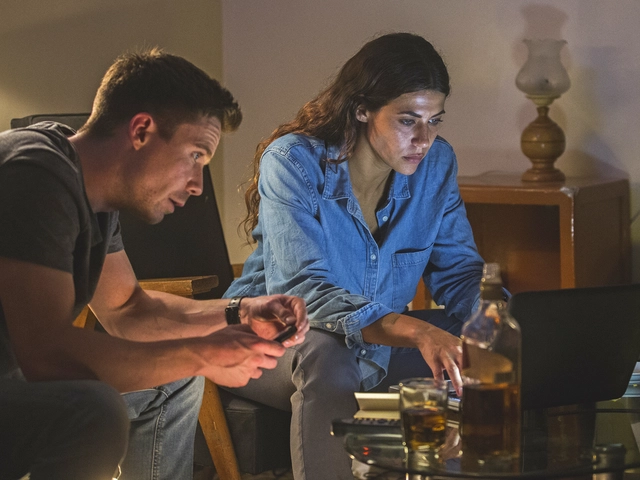- Home
- Film Industry Insights
- How do movies get to cinemas?

How do movies get to cinemas?
The Journey of a Movie from Production to Premiere
Every big-screen blockbuster or small indie flick that you see at your local cinema has gone through an intricate journey. From the initial idea, through production, to being projected onto the cinema screen, each film undergoes many stages. In this section, we'll explore the processes involved in bringing a movie from the production studios to your local cinema.
Writing and Production
The first step in the journey of a film is the writing and production phase. This is where the script is written, the cast and crew are assembled, and the actual filming takes place. Once the filming is complete, the footage is edited and special effects are added. This process can take anywhere from a few months to several years, depending on the scale and complexity of the film.
Post-Production and Marketing
Once the film is finished, it's time for post-production. This includes editing, sound mixing, and visual effects. At the same time, the studio's marketing team starts creating promotional materials, like trailers, posters, and social media campaigns. These marketing efforts are crucial in generating excitement and anticipation for the film's release.
Getting a Distributor
A key step in getting a movie to cinemas is finding a distributor. Distributors are companies that purchase the rights to a film and then sell it to cinemas. They are responsible for determining which cinemas will show the film, and at what times. The distributor also negotiates the financial terms with the cinemas, including how the box office revenue will be split.
Film Ratings and Classification
Before a film can be shown in cinemas, it needs to be rated by a classification board. These boards evaluate the content of the film and assign it a rating, such as G, PG, PG-13, R, or NC-17 in the US. The rating informs potential viewers about the suitability of the film for different age groups and can influence its box-office performance.
Creating Film Prints
Once the film is rated and distributed, it's time for the creation of film prints. In the past, this meant physically printing the film onto reels. Nowadays, most films are distributed digitally. The film is converted into a Digital Cinema Package (DCP), which is essentially a digital version of the film that can be easily sent to cinemas.
Delivery to Cinemas
The next step is delivering the film to cinemas. This process varies depending on whether the film is being distributed physically or digitally. For physical prints, the reels are shipped in large metal cans. For digital prints, the DCP can be sent over the internet or delivered on a hard drive. Once the film arrives at the cinema, it's ready to be shown to the audience.
The Role of Cinema Programmers
Cinema programmers play a crucial role in deciding which films get shown at a particular cinema. They choose the films based on a variety of factors, including audience preferences, box office potential, and the availability of films from distributors. Their goal is to curate a selection of films that will appeal to their audience and drive ticket sales.
Screening and Showtimes
Once the film arrives at the cinema, the staff ensures it's properly projected and sound-checked for the audience. The film is scheduled for various showtimes throughout the day, and the cinema staff manages ticket sales and concessions. The goal is to provide a great viewing experience for the audience, from the moment they walk in the door to the moment they leave.
From Cinema to Home
After its run in cinemas, a movie's journey doesn't end. It usually moves into the home entertainment market, being released on DVD, Blu-ray, and digital platforms for rental or purchase. It may also be licensed for streaming on platforms like Netflix, Hulu, or Amazon Prime. This allows more people to see the film, and provides additional revenue for the studios.

Caspian Westwood
Hi, I'm Caspian Westwood, an entertainment expert with a passion for films. I have dedicated my life to studying and analyzing the world of cinema, both on and off the screen. As a film critic and journalist, I enjoy sharing my insights and engaging with fellow movie enthusiasts. My writing covers a wide range of topics, from classic Hollywood to international masterpieces and indie gems. My goal is to help others discover and appreciate the magic of cinema as much as I do.
Popular Articles
About
Welcome to UK Film Payday, your ultimate source for the latest news, reviews, and discussions on films in the United Kingdom. Immerse yourself in the world of entertainment and discover both classic and contemporary cinema gems. Join our vibrant community of film enthusiasts and indulge your passion for the big screen today!

